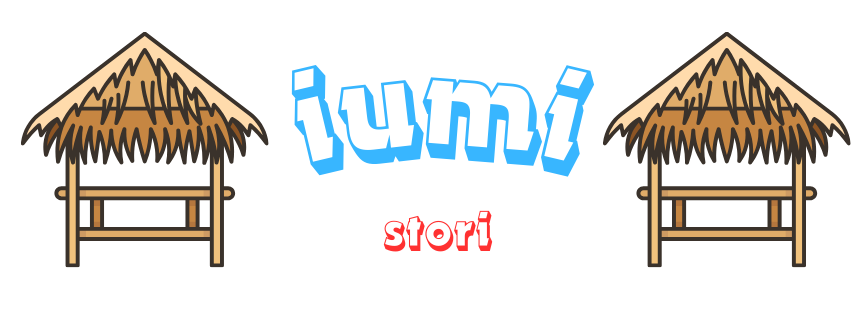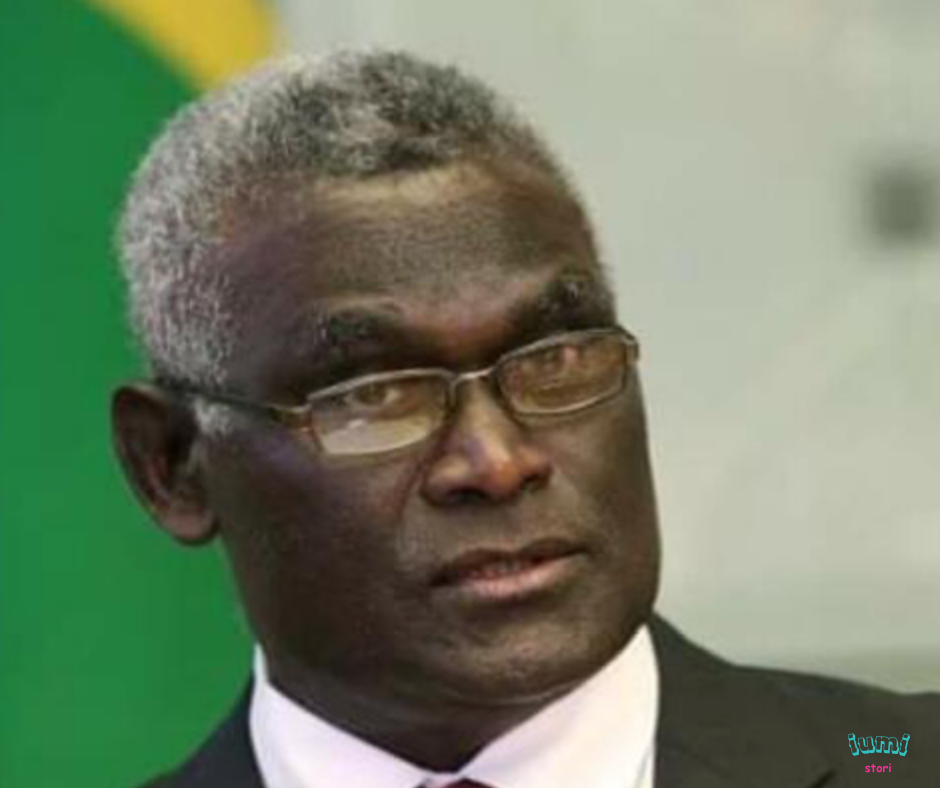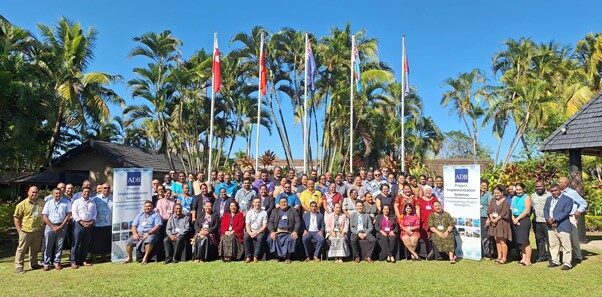High-Level Policy Dialogue on Disability Inclusion Coordination
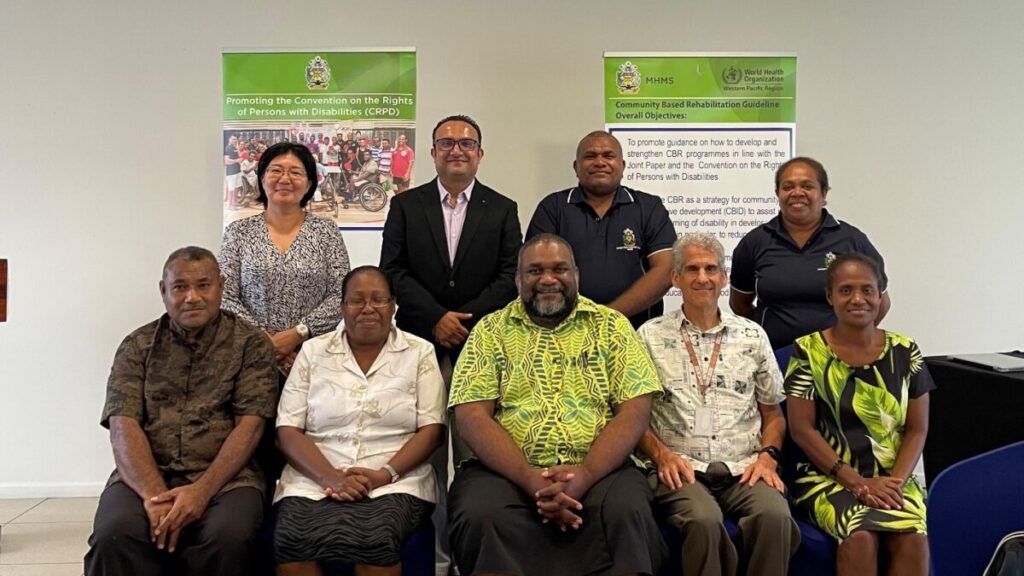
In a groundbreaking initiative to enhance the coordination of disability inclusion across sectors and levels, the Ministry of Health and Medical Services, through its National Rehabilitation and Disability Division, organized a one-day policy dialogue meeting with government ministries and stakeholders on August 27, 2024, at the Heritage Park Hotel. The event, supported by the WHO Country Office in collaboration with the WHO Western Pacific Region Disability and Rehabilitation Desk, focused on driving multi-sectoral coordination to mainstream disability inclusion.
The objectives of the workshop were to raise awareness of the Solomon Islands National Disability Inclusive Development Policy 2023-2031, the United Nations Convention on the Rights of Persons with Disabilities (UNCRPD), the Solomon Islands Rehabilitation Strategic Plan 2022-2031, and Equity in Systems and Services. Additionally, the meeting facilitated discussions on the establishment of the National Disability Inclusive Advisory and Coordination Committee (NDIACC), including the draft NDIACC Memorandum of Agreement and Action Plan.
Attending the dialogue were the Deputy Secretaries included Mr. Hunter Masuguria (Ministry of Commerce, Industry, Labour, and Immigration), Mr. Fred Ota’au (Ministry of Home Affairs), Mrs. Emely Kupenga (Ministry of Traditional Governance, Peace and Ecclesiastical Affairs), Mrs. Margarette Gholoni Etua (Ministry of Lands, Housing, and Survey), Mrs. Julia Twumasi (Ministry of Policy and National Security), and Mr. Andrew Houlia (Ministry of Infrastructure Development).
In the keynote address of the policy dialogue meeting, Dr. Nemia Bainivalu, Deputy Secretary for Public Health at the Ministry of Health and Medical Services, whose responsibilities include disability coordination, acknowledged the attendance of the Deputy Secretaries and the support provided by the WHO in funding the policy dialogue. He also expressed sincere gratitude to all those who have contributed to the advancement of disability rights and services in the country over the years.
Dr. Bainivalu stated that persons with disabilities are an integral part of the Solomon Islands population. According to the 2019 census, approximately 11% of the population aged 5 years and over report having at least one functional form of disability.
“This translates to around 79,360 people out of the total population of approximately 721,455 living with some form of disability. With the rising incidence of non-communicable diseases, particularly diabetes and stroke, an increase in disability secondary to these conditions is anticipated”, said Dr Bainivalu.
Dr. Bainivalu explained that, as the government ministry responsible for disability issues, they recognize their duty to lead in this area. However, he emphasized that this responsibility cannot be shouldered by one entity alone; it requires a multi-sectoral approach, as disability is not only a public health issue, but a human rights issue, a development priority, and a crosscutting concern.
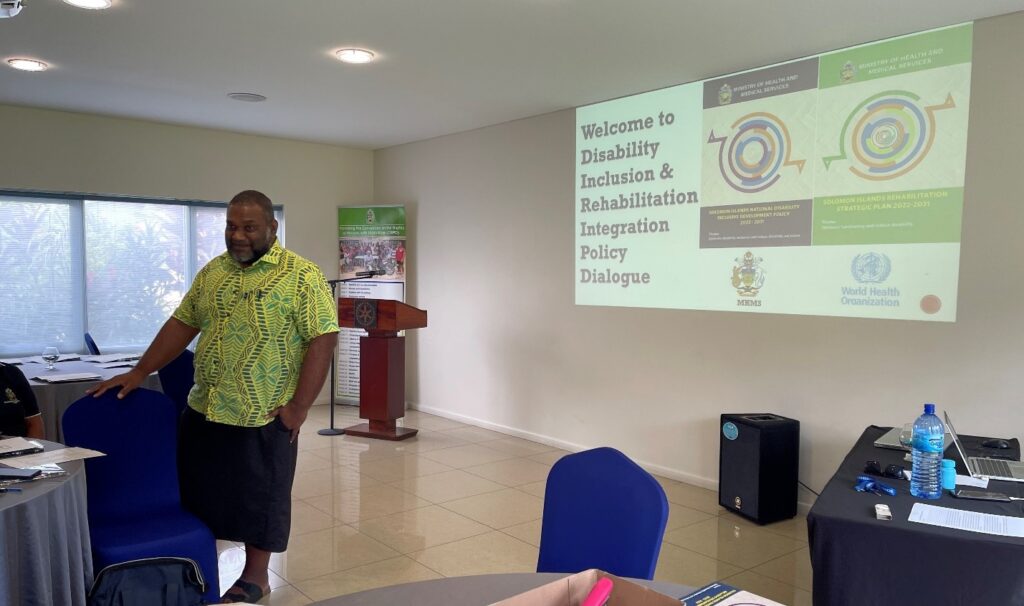
Dr. Bainivalu, on behalf of the MHMS, gratefully thanked everyone for their participation and insights during the dialogue and expressed anticipation for continued collaboration with ministries and stakeholders in promoting disability inclusion as a development priority, ensuring that no one is left behind.
National Rehabilitation and Disability Division Director, Elsie Taloafiri, stated that the meeting was a high-level policy dialogue forum, bringing together Deputy Secretaries appointed by each ministry as their disability focal point.
“Out of the invitations sent to the ministries, 16 had appointed their disability focal point Deputy Secretaries, with six attending the workshop. That despite the low attendance, those present expressed their commitment to supporting their ministries and underscored the importance of establishing the National Disability Inclusive Advisory and Coordination Committee (NDIACC) as a platform for multi-sectoral coordination, monitoring, evaluation, and reporting on disability inclusion”, said Mrs. Taloafiri.
Mrs. Taloafiri further stated that the Ministry of Health and Medical Services (MHMS) will work with line ministries that have yet to appoint their disability focal points and will continue progressing the formal appointments. This includes developing the appointees’ terms of reference and schedules as one of the key outcomes of the dialogue. Other outcomes include further contributions to the draft NDIACC Memorandum of Agreement and Action Plan by the ministries.
In closing the dialogue, WHO Country Director Dr. Harward Sobel invited each of the Deputy Secretaries to share their reflections. Summarizing these reflections, Dr. Sobel expressed his appreciation for the Deputy Secretaries’ recognition of the importance of disability inclusion and their commitment to advancing this agenda within their ministries.
End///….
